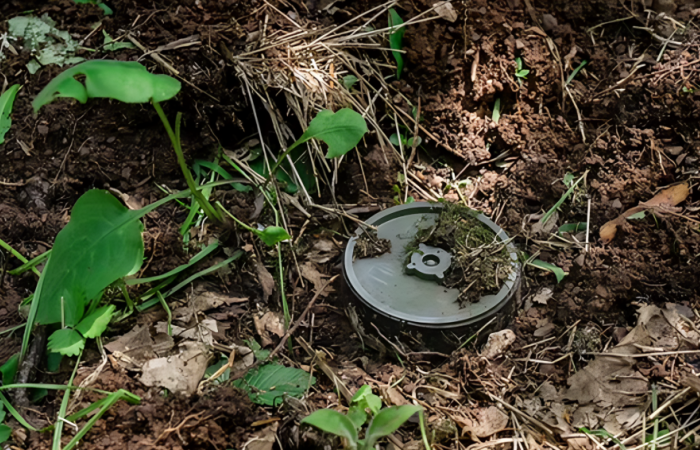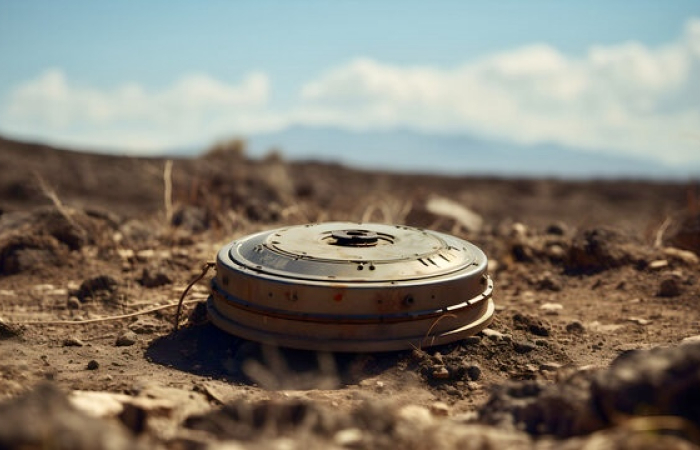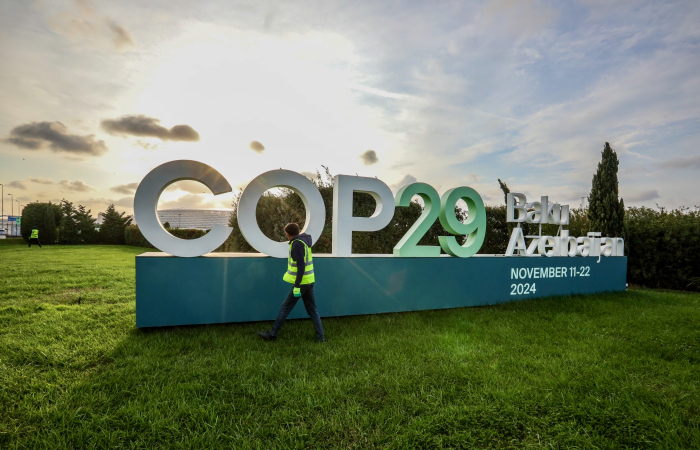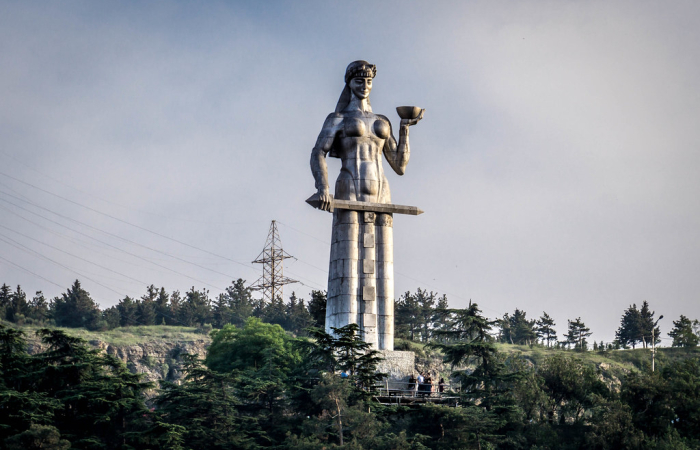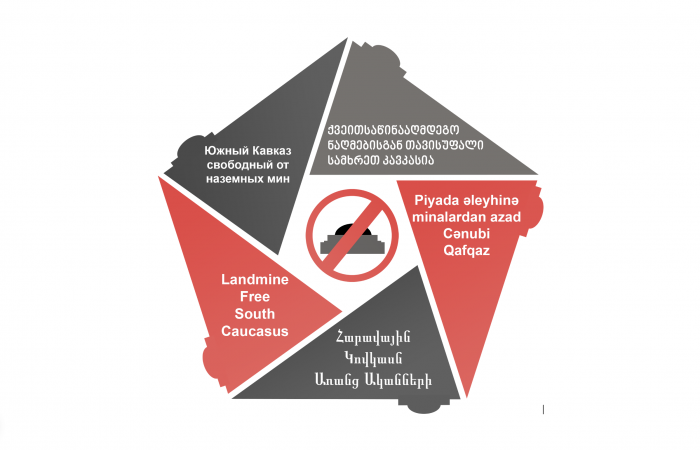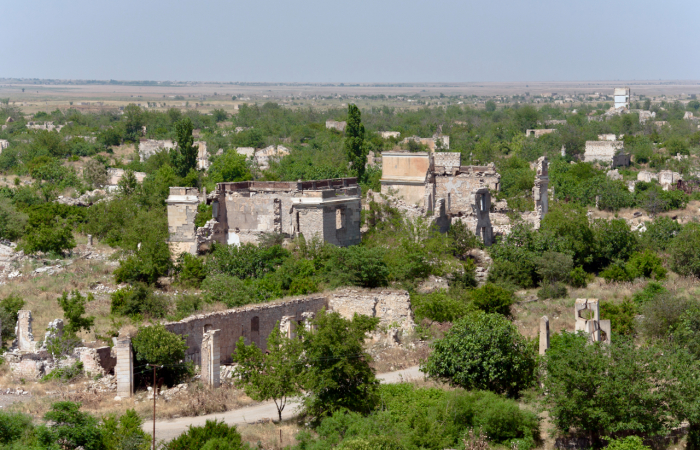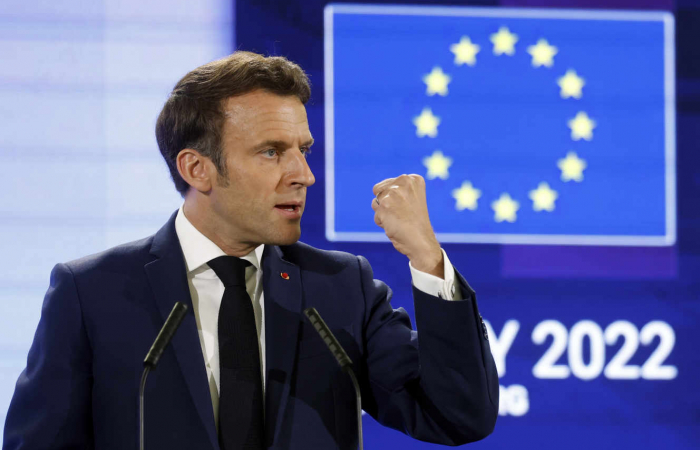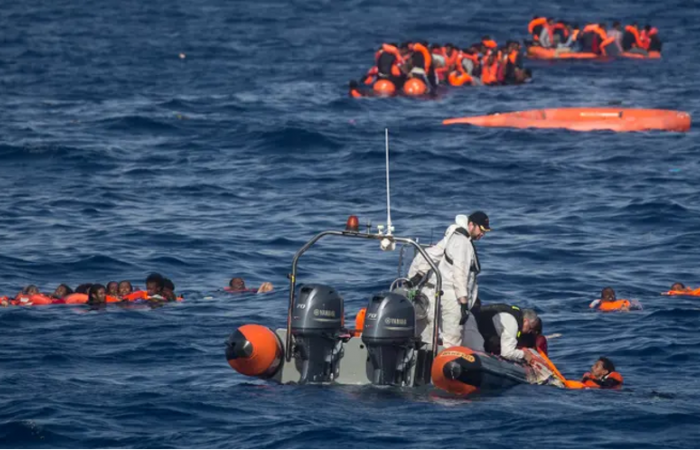Trending
Opinion: Clearing landmines in the South Caucasus is key to peace and regional cooperation
1 October 2025
On 1 September 2025, LINKS Europe launched the regional campaign 'Landmine Free South Caucasus 2025'.While the world's attention is focused on new conflicts and crises, and some countries have withdrawn from the Ottawa Treaty due to heightened security concerns, the South Caucasus remains trapped by the deadly remnants of wars, some fought decades ago, others more recent. Although recent months have seen breakthroughs in relations between Armenia and Azerbaijan, suggesting that sustainable peace is within reach, landmines and unexploded ordnance (UXO) continue to pose a daily threat in the region and remain a contentious issue in relations. They claim innocent victims, hinder economic development, and cause ecological damage.



